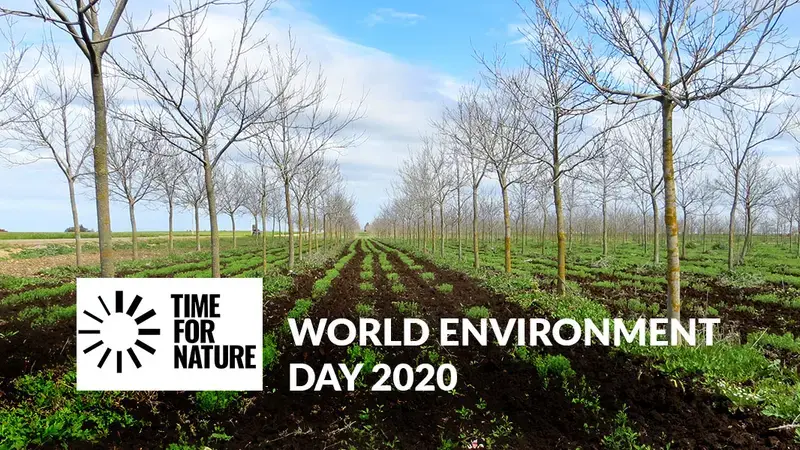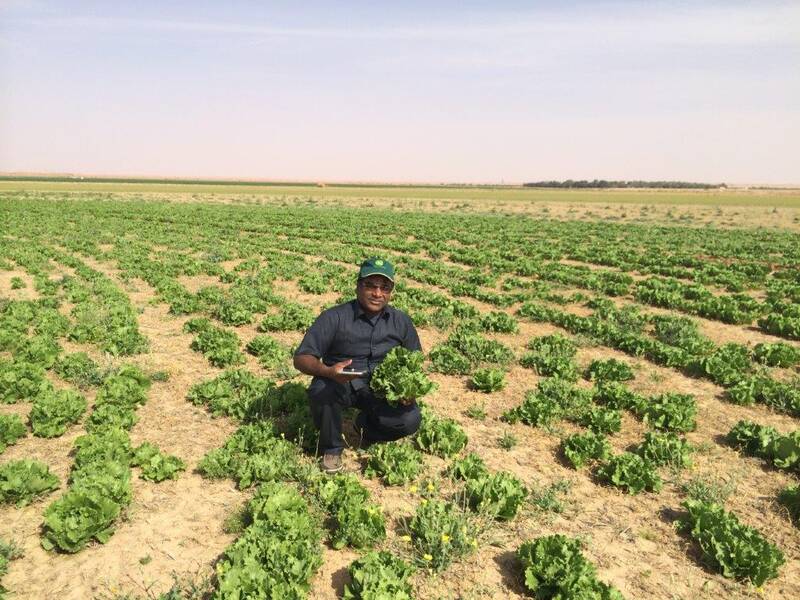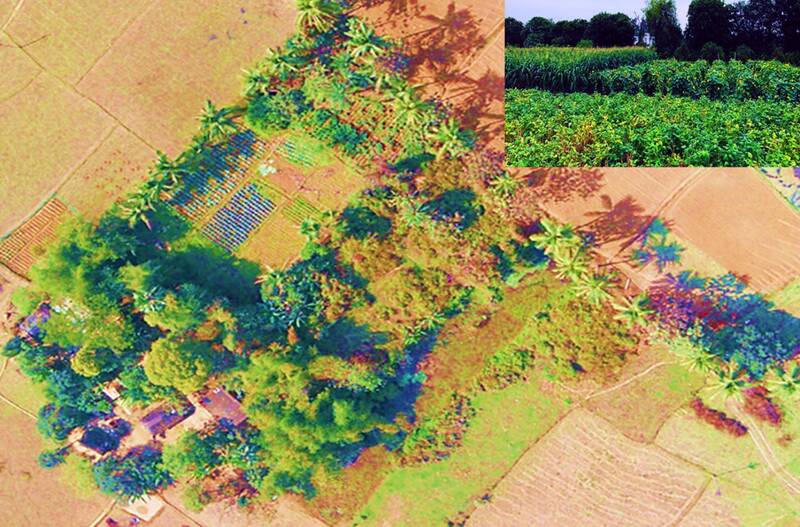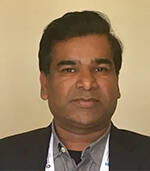Balanced agro-ecosystems strengthen food security

By Dr. Chandrashekar Biradar
Climate change, environmental degradation, and loss of biodiversity are consequences of the way humans live. The way we produce our food plays a significant part.
The theme of this year’s World Environment Day 2020 is "Time for Nature - Biodiversity". For ICARDA, this highlights the need to examine and rehabilitate our food production systems to be more in line with the natural world and its sustainability.
Preserving biodiversity, and the potential it stores, soils, landscapes, and diets, is one of the most pressing issues of our age. How we can live with less and practice healthier food habits is the first step towards sustainably integrating, conserving, and multiplying biodiversity in our food production systems.
The environmental impact of agricultural practices varies from the way we produce food to the way we consume and dispose of it. If we examine the global diet over the last three decades, we clearly see drastic shifts in trends towards an increased dependency on just a few staple crops (mostly cereals) and industrially farmed meats. This has resulted in a significantly negative impact on the climate and our ability to grow a more diverse range of foods in the future, as well as the availability of key resources such as water, fertile land, and agro-biodiversity.
There is an urgent need to restore our increasingly homogenous agriculture to the diversified agroecosystems it once was, along with the contemporary innovations that ICARDA has developed and integrates into all its work, to ensure the nutritional health of the global population, and the recovery of crucial food-producing ecosystems.
An ideal agroecosystem is a functioning production system that includes diverse crops, multi-purpose tree species, and livestock to produce food, forage, and natural-fiber while preserving soil health and maintaining ecosystems. This collective action leads to restoring planetary health and combating climate change.
In order to implement such an approach successfully in highly vulnerable areas like non-tropical drylands, we must assess suitable functions for ecologically sound and socially acceptable agricultural production with essential parameters in targeted agroecology, such as available natural resources like water, crop varieties (short or long duration, pest and disease resistant, nutritious), diversification (rotation and intercropping), and efficient feedback loops (use of residuals and nutrient cycle) and the socio-economic aspects of the setting.
ICARDA believes that recent advances in research and technology provide the opportunity to reverse the trend of homogenous cereal dominant system to embrace diversified agroecosystems where cereals will still play a pivotal role in the food system.
Incorporating our research with in-the-field science and new technology creates an ideal scenario for integrating local knowledge with innovative solutions. Once proven, the science makes sustainable production and consumption viable and scalable provided solutions are co-designed with stakeholders. This has created tremendous opportunities to address the gaps at multiple levels such as data, yield, nutrition, ecology, economy, and resilience for demand-driven ecological interventions.
World Environment Day reminds us that continued innovation is needed to overcome the threats our planet is facing with the footprint of our current food systems. The prospects and potential role of inclusive and bio-diverse agroecosystems supported by paradigm shifts in diet and lifestyle are deeply encouraging
Our ongoing efforts in demand-driven interventions aim at accelerating innovative and sustainable agroecosystems by modeling them for possible areas and then targeting sites with the appropriate interventions. Through successful science, ICARDA has provided compelling arguments for global actors to rethink the entire global food system and to innovate with a focus on increased biodiversity and climate change under the global drylands.
Read more about our research programs
-------------------------
Dr. Chandrashekar Biradar Is ICARDA Principal Scientist and Head of Geoinformatics Unit, and Research Team Leader, GeoAgro and Digital Augmentation



